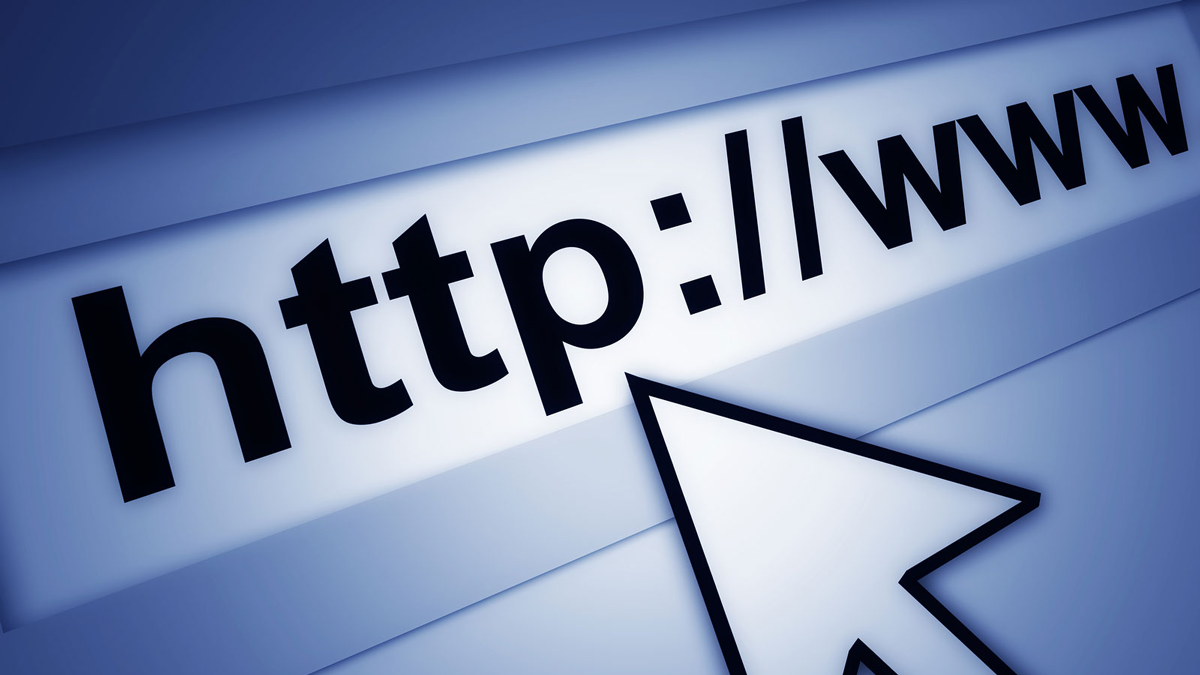One in 20 British homes is now connected to the Internet, according to the latest official statistics.
This is still some way behind general computer use as nearly a third of British homes have a PC, but the survey by the Office for National Statistics shows that Britons are embracing some parts of the communications culture with gusto: 94% of households have a telephone, 22% have a mobile phone, 99% have a television, 27% have cable or satellite TV.
Telephone usage in particular has surged in popularity over the last 25 years. In 1972, just 42% of homes had a telephone, now nearly as many (35%) have an answering machine or service.
While many Britons are shy of advertising their telephone numbers – a third are ex-directory – they increasingly like talking on the move, with one in 5 households possessing a mobile phone.
British Telecom is beginning to lose its monopoly, now one in ten households has its telephone line supplied by a cable company other than BT.
Satellite and cable TV have made substantial inroads, with nearly 27% of people having either a satellite or cable receiver.
Even fax machines are making it into the home. Fax machines, once confined to the office, are also arriving in people’s homes. Some 8% of households have a fax, with only one in five of them using it exclusively for work.
The survey also shows some wide regional variations. Perhaps unsurprisingly, people in London and the South East are more likely to be wired. The exception is satellite and cable receivers which are most popular in the North.
One in ten houses in Scotland has no telephone, and the Welsh do not seem to like answerphones, with less than a quarter of households in the principality having one.
But if the wired generation is supposed to be leading to a rise in home working, the concept seems to be slow to catch on. The survey classes an Internet connection, a mobile phone, an answer machine and a fax machine as business links. Even in the affluent South East only 9% of households have three of the 4 links, with an Internet connection the least favourite.
